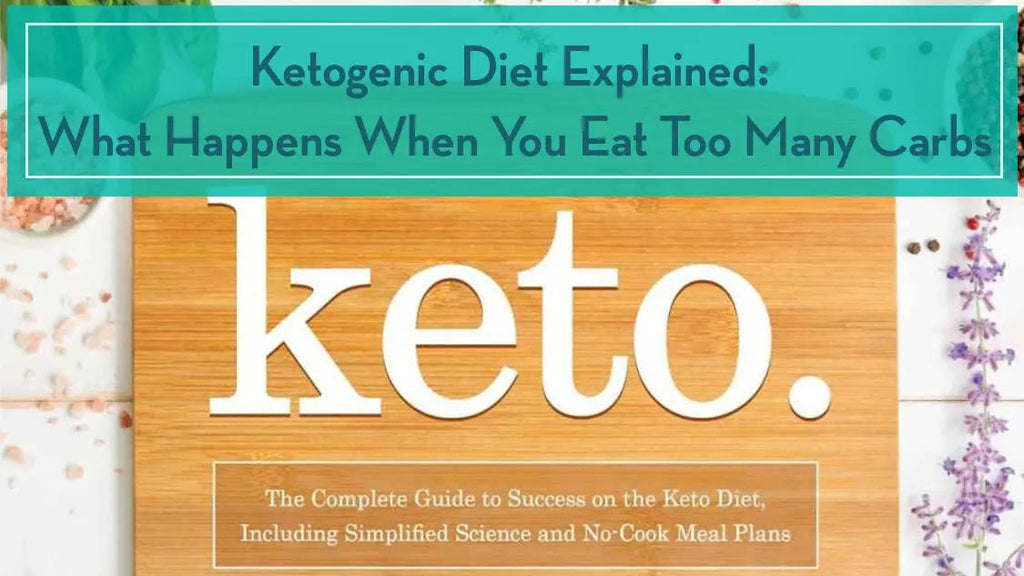- Fatigue: The most common feature of insulin resistance is that it causes exhaustion. Sometimes it’s confined to just mornings or afternoons, but sometimes it’s an all-day fatigue.
- Brain fog: ...The most evident symptom is an inability to concentrate. Poor memory and failing or poor grades in school are often a side effect of insulin resistance. Are you sending your kids off to school with a bowl of cereal and skim milk? If so, that’s not a good idea.
- Low blood sugar: Feeling jittery and moody is common in insulin resistance; once you eat, you feel immediate relief. Dizziness and a craving for sweets are also caused by low blood sugar.
- Intestinal bloating: Most intestinal gas is produced from too many carbohydrates. People with insulin resistance who eat carbohydrates suffer from gas-lots of it.’’
- Tired after meals: The main side effect of consuming meals that contain more than 20 to 30 percent carbohydrates is being sleepy. Your meals are more than 20 to 30 percent carbs if they are pasta-based or include bread, potatoes and a sweet dessert.
- Increased fat storage and weight: The most evident symptom in men is a large abdomen; in women it is stored on the hips and thighs.
- Increased triglycerides: Even people who aren’t overweight can have excess fat in their arteries because of insulin resistance..
- Increased blood pressure: Doctors now recognize that most people with hypertension have too much insulin and are insulin resistant. There is often a direct correlation between insulin level and blood pressure. As insulin levels increase, so does blood pressure.
- Depression: Carbohydrates a a natural “downer” which depress the brain. Depressed people often also suffer from insulin resistance. Carbohydrates change the brain chemistry, producing a depressed or “tired” feeling. On the flip side, protein is a brain stimulant, which picks you up naturally.
- Addiction: Insulin resistance is a also prevalent in people addicted to alcohol, caffeine, cigarettes or other drugs. Often, the alcohol addiction is secondary to insulin resistance. The true addiction-sugar-was never kicked.
Ketogenic Diet Explained: What Happens When You Eat Too Many Carbs

Have you been hearing the buzz about the ketogenic diet? The high fat, low carb keto diet has become popular in recent years for helping in weight loss as well as preventing and treating chronic illness. Through her own personal experience and working with hundreds of clients, international bestselling author and wellness consultant Maria Emmerich has seen the power of the keto diet in helping people heal their bodies and lose weight. In this excerpt from her new book Keto: The Complete Guide to Success on the Keto Diet, Including Simplified Science and No-Cook Meal Plans, Emmerich describes what can happen to the body from eating too many carbohydrates.
In this book, we look at the basic biology of the human body. We show you how it processes different fuel sources and how it controls the flow in and out of your fat cells. We also explain how the disruption in the body’s signaling (insulin) causes metabolic disease to start in the fat cells (adipose tissues) and look at the true root causes of disease and how changing the inputs (these root causes) can reverse many of the diseases that plague us today….
We’ll start by looking at what the excess carbohydrates and empty calories in processed foods are doing to our bodies.
Overconsumption of Carbohydrates
Here are just some of the things that result from eating too many refined carbs:
























